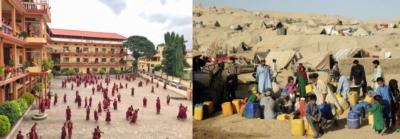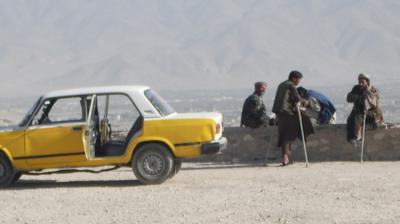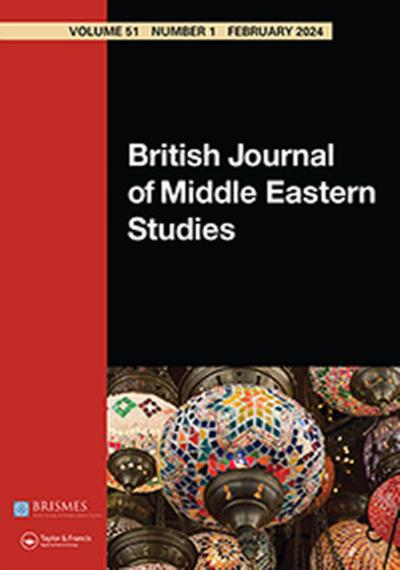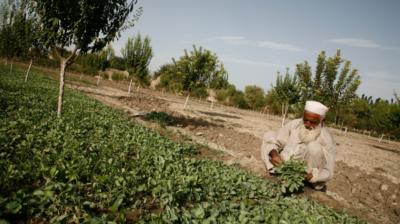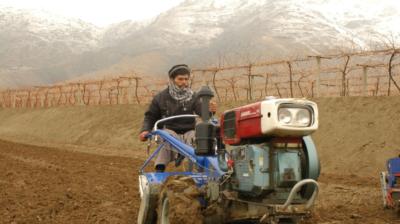Merete Taksdal
Afghanistan
Completed projects

Apr 2016 - Aug 2019
New Afghan Men: Marriage, Masculinities and Sexual Politics in Afghanistan

Dec 2017 - Feb 2018
[CoAR: Strategy development ]
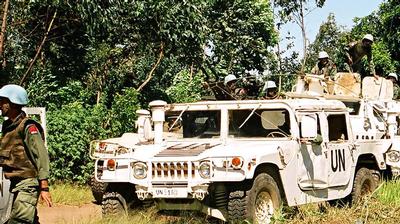
Mar 2012 - Apr 2016
Protection of Civilians: From Principle to Practice
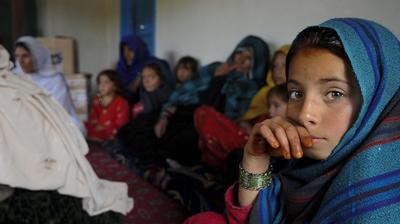
Jan 2014 - Dec 2015
Violence against women and criminal justice in Afghanistan
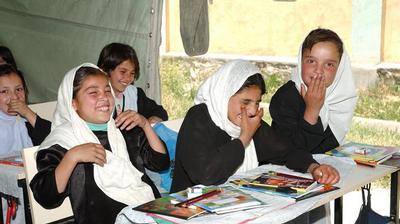
Apr 2015 - Jun 2015
Financing Education in Afghanistan: Opportunities for Action
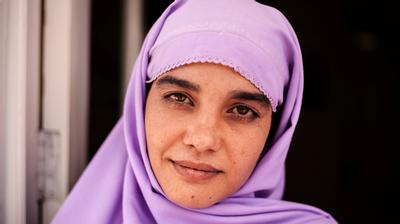
Jun 2014 - Aug 2014
Afghanistan. Focus on women - experiences from Norwegian funded NGO projects
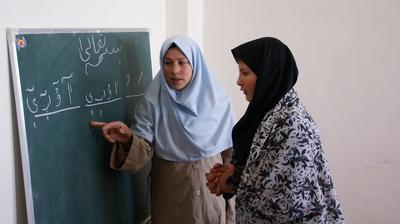
Oct 2013 - Dec 2013
Policy Briefs Afghanistan
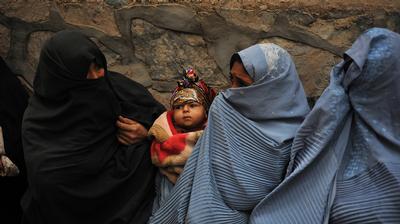
Nov 2008 - Dec 2012
The Price of Protection. Gender, Violence and Power in Afghanistan

Nov 2012 - Dec 2012
Conflict Sensititive Training

Aug 2012 - Aug 2012
Development of Strategic Plan for CoAR Network 2012-15

Jun 2012 - Jun 2012
Organisational assessment Norwegian Afghanistan Commitee
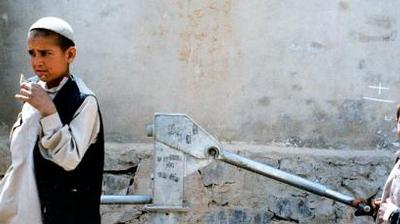
Jun 2010 - Sep 2011
Achieving Durable Peace in Afghanistan
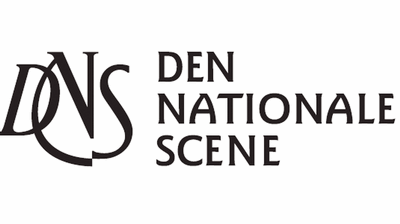
Sep 2009 - Dec 2010
Theatre development in Afghanistan
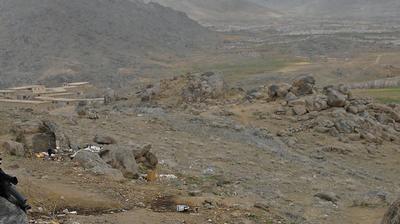
May 2009 - Dec 2010
Intra-alliance Analysis: Policies and Approaches of NATO Allies in Afghanistan

Oct 2008 - Jan 2009
Nordic Development collaboration in Afghanistan
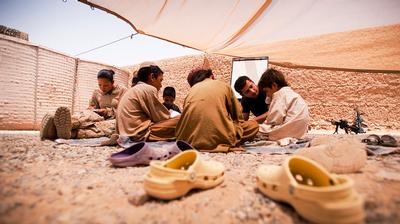
Aug 2006 - Dec 2008
Violence in the post-conflict state

Apr 2008 - Jul 2008
Hydro carbon resources in Afghanistan

Jul 2007 - May 2008
Review of support for Afghans returning from Norway

Jan 2005 - Dec 2007
The limits of state-building in Afghanistan

Dec 2006 - Dec 2006
Religious Civil Society in Afghanistan

Dec 2005 - Dec 2006
Web pages: Afghanistan

Nov 2005 - Jan 2006
Evaluation of Afghanistan's National Solidarity Program

Aug 2005 - Dec 2005
Dutch Humanitarian Afghanistan Assistance (2001-2005)

Jan 2005 - Dec 2005
What Kind of Peace is Possible?

Nov 2004 - Dec 2005
Multidonor Evaluation of Humanitarian Assistance to Afghanistan

Apr 2005 - Sep 2005
Afghanistan: A Model for Peace Building? A Norwegian-German Conference

Sep 2004 - Jun 2005
Effects and Impact of Mine Action on Peacebuilding

Sep 2004 - Mar 2005
Norwegian NGOs in Post-Taliban Afghanistan: Review and Lessons Learned

Jun 2004 - Dec 2004
NORAD Review Afghanistan

Mar 2004 - Sep 2004
Mine Action for Peace - Afghanistan

Jan 2003 - Sep 2004
Web Pages: Afghanistan - Peacebuilding in a Regional Perspective

Jan 2004 - Jul 2004
Mainstreaming Mine Action

Jul 2003 - Feb 2004
Conflictual peacebuilding: Afghanistan two years after Bonn

Jul 2003 - Dec 2003
Alternatives to forced return (Roundtable conferance on Afghanistan)

Mar 2002 - Oct 2003
Afghanistan: Civil Society and Aid Coordination

Mar 2003 - Jun 2003
Evaluation report: Act International: Afghanistan appeals: ASAF 11 and 21

Jan 1996 - Jan 2000
